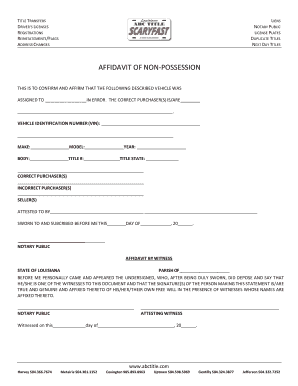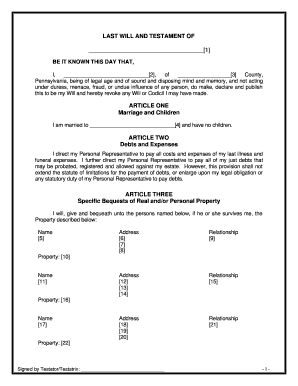


It is difficult to anticipate future medical situations and what you might want at that time. It also promotes the patient’s actual wishes instead of someone else’s. Living Will – This is “a document executed by an adult which indicates his or her preferences regarding the initiation, continuation, withholding, or withdrawing of medical treatment in the event that he or she loses decision-making capacity.” (Ibid.) This helps the surrogate make decisions for the patient. DPA is essential if the person you wish to make decisions for you is not your next of kin or if you do not have any close relatives (for example, a parent might be chosen over a live-in partner, or an individual’s spouse might be chosen even though the couple had been separated). In the absence of a DPA, many institutions will choose the next of kin to be the surrogate decision-maker for a patient who lacks the capacity to make his/her own decisions. Without such a document, there can be confusion over who should make decisions for the patient. This is also referred to as “health care proxy” or “designated surrogate.” Designating a DPA helps moderate disagreements among family members and clarify who makes the decisions for the patient. In many states, including Pennsylvania, it must also be signed by the designated surrogate. It must be filled out by the patient while he/she has intact decisional capacity. ĭurable Power of Attorney for Health Care Decisions (DPA) – This is a document indicating the patient’s choice of surrogate in the event that the patient loses decisional capacity. But since some states do, the forms include a line for notarization as well. Pennsylvania does not require these forms to be notarized. It includes samples of a living will and DPA form. Here is a link to the AMA’s public web-site for advance directives.
#Does a will have to be notarized in pennsylvania trial#
The AbioCor Implantable Heart Trial required all research participants to fill out a Values History Form. Here is a link to a sample Values History form. A Values History is another form of advance directive (which may or may not include a living will and durable power of attorney for health care decisions). Pennsylvania recognizes two types of advance directives, durable power of attorney for health care decisions and living wills. Advance directives are not used for decision-making if the patient is able to make the decision. Advance directives are documents which indicated your health care wishes in the event that you are not capable of making your own decisions.


 0 kommentar(er)
0 kommentar(er)
